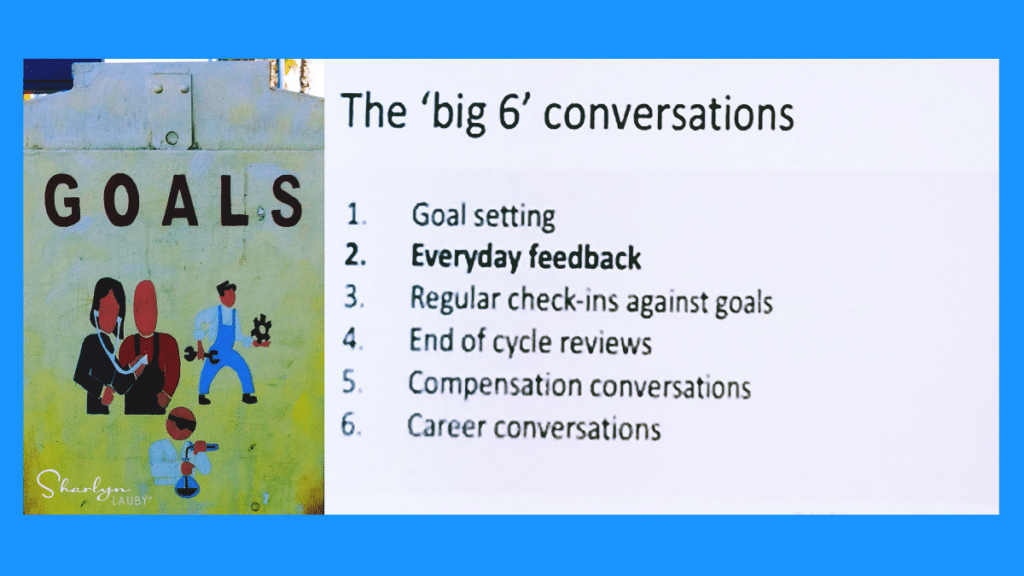5 Reasons You Can’t Achieve Your Goals (and What to Do About It)
Estimated reading time: 4 minutes
Last year, I wrote an article about how “Quitting is Not a Sign of Failure”. I hope you’ll check it out when you have a moment. It’s okay to quit and it’s okay to fail at something. Today I want to talk about something related to quitting and failure. It’s when we set a goal and don’t accomplish it.
This applies to both individuals and organizations. Companies set goals all the time – revenue goals, quality goals, etc. Sometimes they meet those goals and sometimes they don’t. Same for us as individuals. We set goals to get a certification or maybe write in our journal every day. And sometimes we do it and sometimes we don’t.
If you have a goal that you’re working on … and struggling to achieve, here are a few reasons that it might be happening.
- We’re trying to do too much (aka too many goals). Both organizations and individuals do this. Spreading yourself too thin has an impact on what you’re able to accomplish. Sometimes it’s very refreshing not to have a goal that you’re working on. It allows you to recharge and get ready for the next goal. Think about whether it makes sense to take a celebratory break before starting a new goal, especially if the next goal will be big and expensive to achieve.
- We have too many goals at the same time. This is a continuation of #1 (above). I honestly believe that part of the reason that people are unable to keep New Year’s resolutions is because they decide to start a lot of goals all at the same time. It’s okay to prioritize goals. In fact, it might actually make sense to stagger them to achieve a better outcome.
- There was no plan on how to achieve the goal. Goal setting is important. But once the goal is set, a plan needs to be created to achieve the goal, including the amount of resources necessary. This way, if the amount of resources needs to be changed, then you can decide to put this goal on hold for a while. Possibly focus on something else until you can replenish resources.
- We’re afraid to quit because we don’t want to feel like a quitter. The internet is full of lovely platitudes that say don’t quit, stay the course, try again, etc. etc. The truth is that sometimes we should quit. Maybe we’re not interested in achieving that goal anymore. Or while we would love to accomplish that goal, we’d rather spend our resources on something else. That’s just fine. Do it and move on.
- It’s the wrong goal. Sometimes we create goals for ourselves because everyone else is doing it. For example, I keep reading articles about pickleball. People love playing pickleball as a form of exercise. That’s terrific. If you’re a pickleball person, great! I’m not a pickleball person. I play Pokemon Go for outdoor activity and I love it. If the goal is outdoor activity, then it doesn’t matter if it’s pickleball or Pokemon. Both are good. But if the goal is pickleball, then I might not be happy. Because it’s not the right goal for me.
As I mentioned earlier, goal setting is important. We should set goals. But we don’t need to set goals just to have some. We don’t need to have lots of goals at the same time. When we set a goal, we should put a plan in place to achieve it. If our situation changes, we should consider whether we need to change the goal. Being flexible with our goals will help us achieve them.
This goes for companies too. Some of the biggest mistakes I’ve seen companies make are when goals are set and never monitored to see if they need adjustments. The organization is wasting resources and senior leadership is afraid to admit they made a mistake. Make a goal, make a plan, monitor the plan, and adjust as necessary.
Image captured by Sharlyn Lauby while exploring the streets of Tampa, FL
42